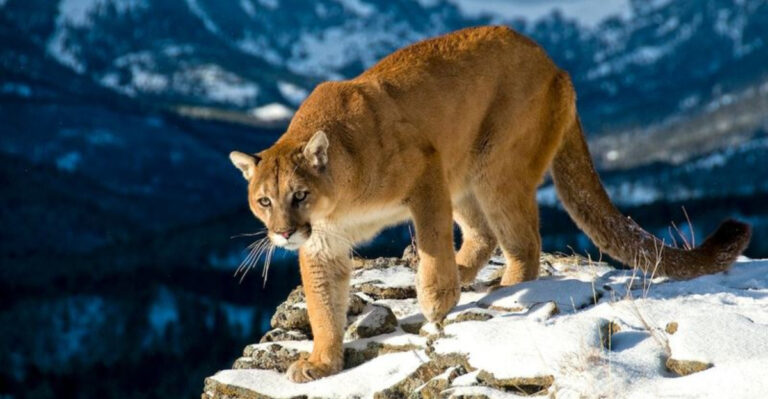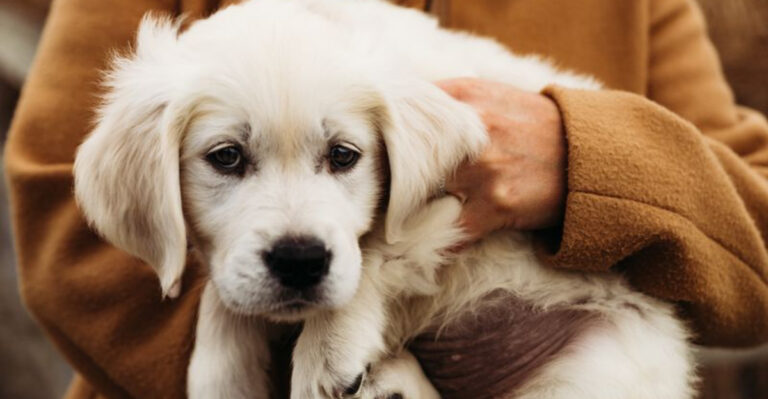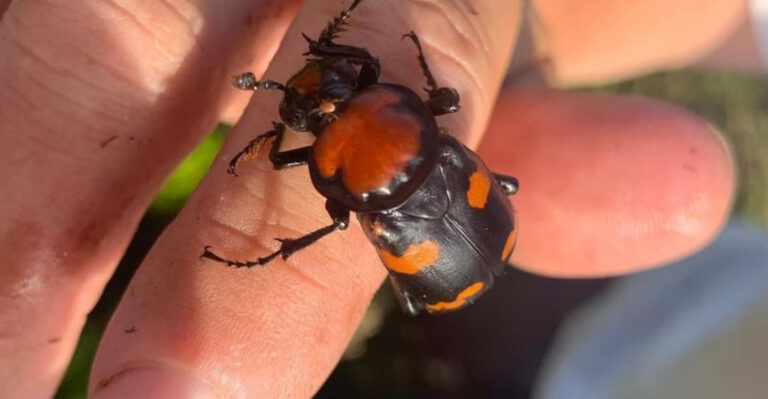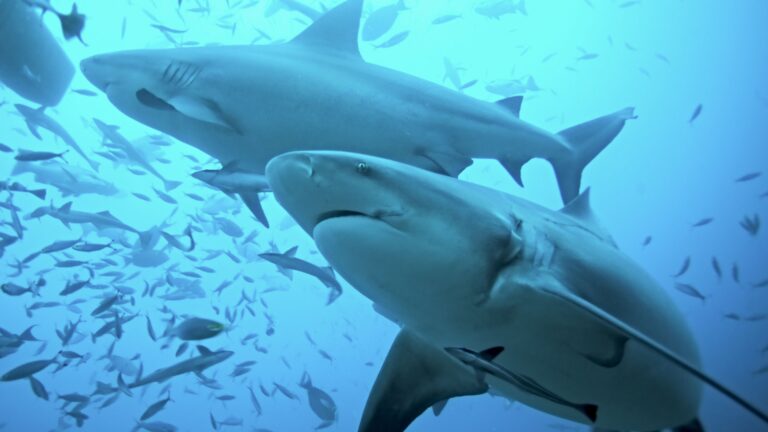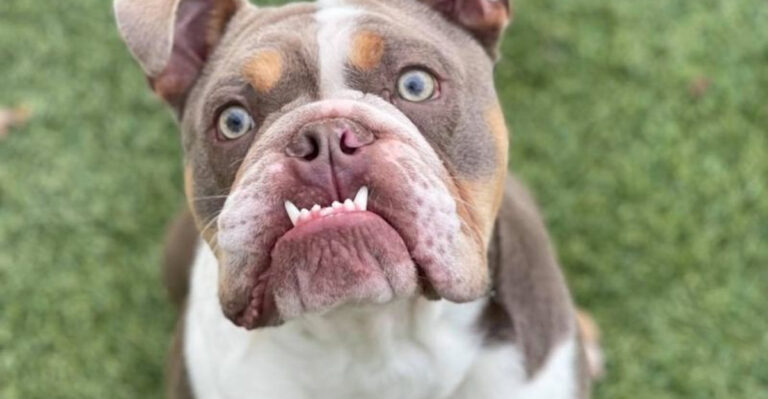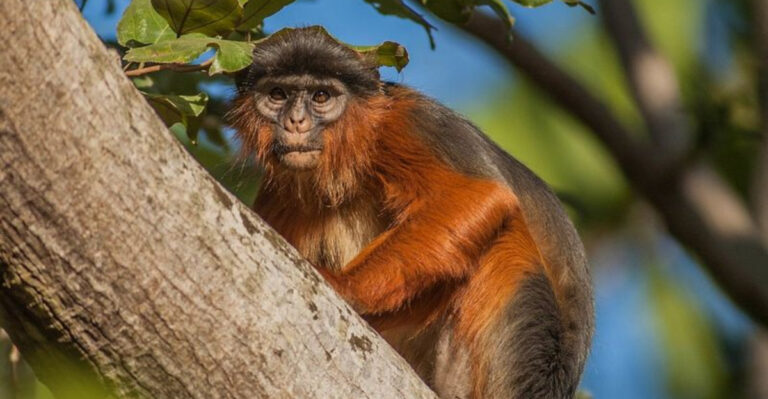Top 22 Dog Breeds Seniors Should Never Own For A Safe And Comfortable Lifestyle
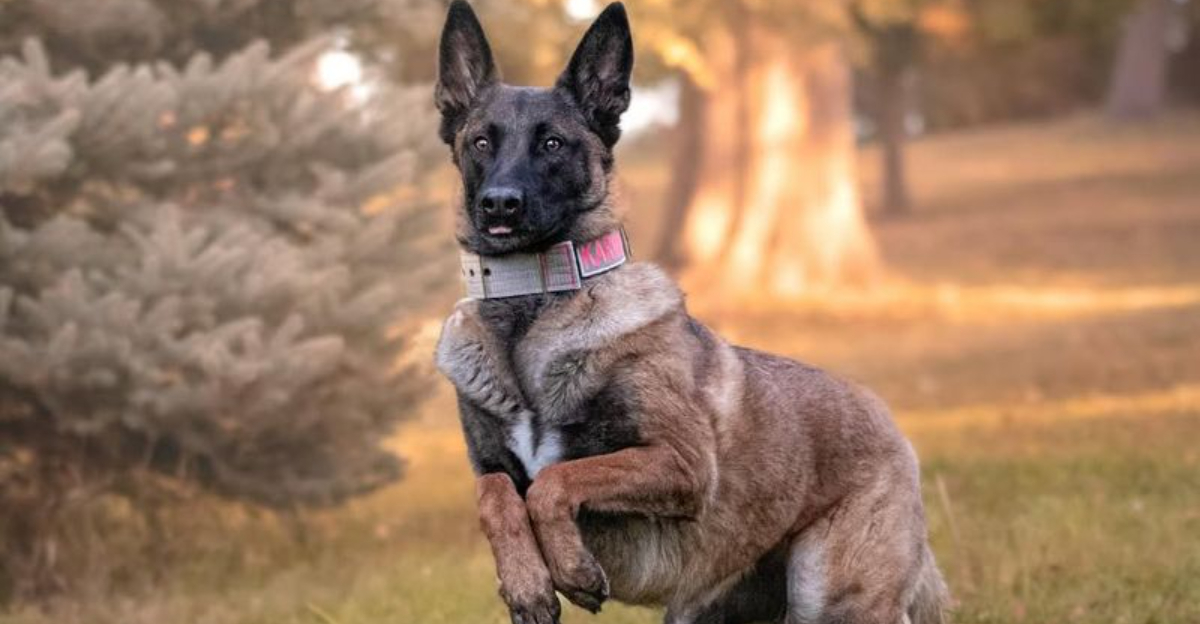
As we age, our lifestyles and energy levels change, and so do our needs when it comes to choosing a dog breed. While many dogs are loving and loyal companions, not all breeds are ideal for seniors looking for a calm and manageable pet.
Certain breeds may require high levels of physical activity, constant stimulation, or intensive grooming, making them less suited for older individuals who prefer a relaxed and comfortable lifestyle.
1. Siberian Husky
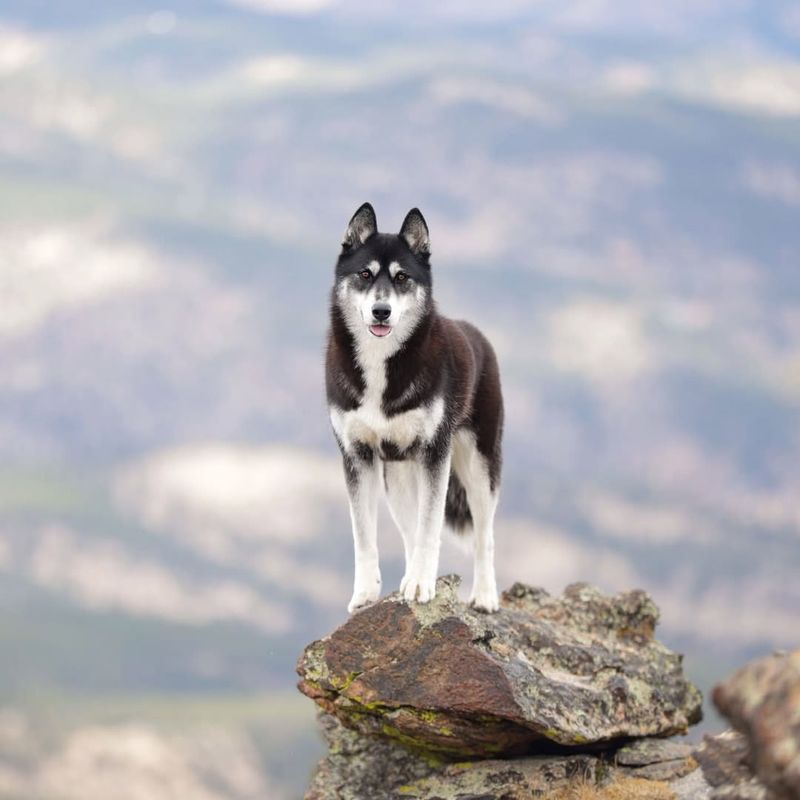
Siberian Huskies are known for their striking appearance and boundless energy. While their wolf-like looks might be captivating, these dogs are bred to run and require extensive exercise. Seniors may find it challenging to keep up with their energy levels, and a couple of walks a day won’t suffice.
Huskies are escape artists, so a securely fenced yard is a must. However, their independent nature might lead them to test boundaries, quite literally.
Training a Siberian Husky requires patience and consistency, as these dogs are known for their stubbornness. While they are intelligent, they can also be quite free-spirited. Seniors who prefer a more laid-back pet might want to consider a breed with lower maintenance and exercise requirements.
2. Border Collie
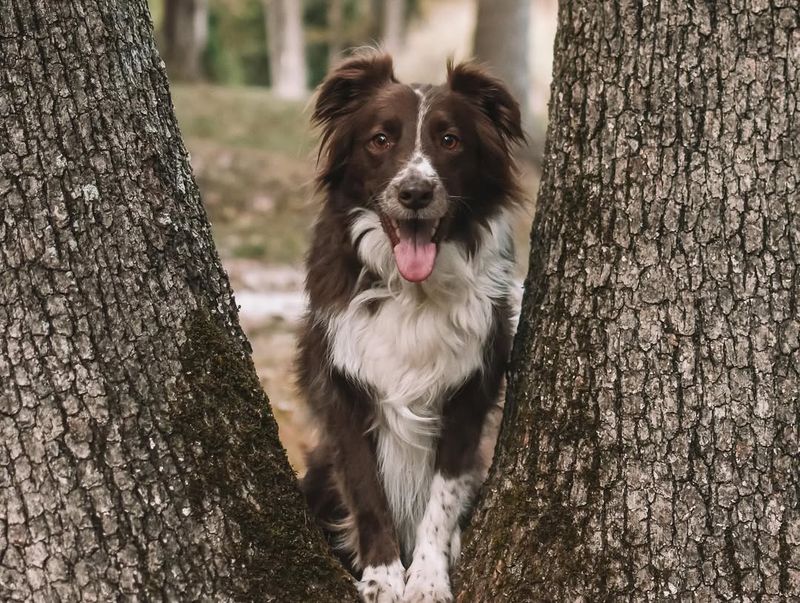
Border Collies are often celebrated for their intelligence and agility. These are dogs with a job to do, originally bred for herding. Their need for mental and physical stimulation can be taxing for seniors who aren’t up for daily adventures. A simple stroll around the block won’t satisfy a Border Collie’s boundless energy.
This breed excels in agility and obedience training, but their high intelligence means they can become bored easily. Seniors may find it challenging to keep them engaged without constant tasks or interactive activities. Left unstimulated, Border Collies might resort to destructive behaviors, such as chewing or digging.
3. Jack Russell Terrier
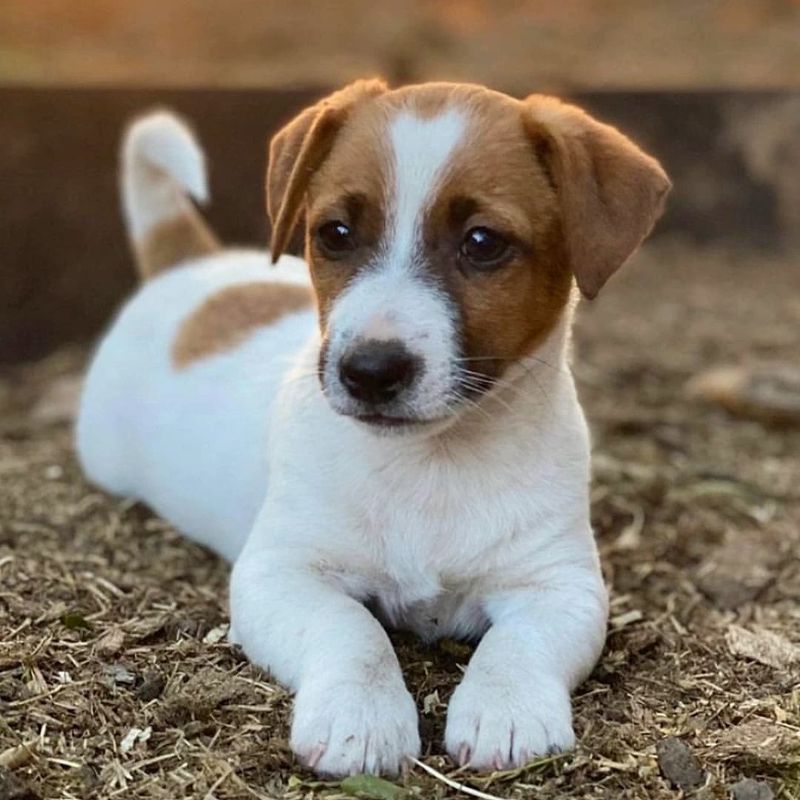
Jack Russell Terriers might be small, but they are packed with energy and personality. Known for their lively and feisty nature, these dogs are always on the go. Seniors seeking a calm environment might struggle with the Jack Russell’s penchant for mischief and constant activity.
These terriers have a strong hunting instinct and love to chase anything that moves, from squirrels to shadows. Their boundless energy requires extensive playtime and mental stimulation, which can be overwhelming for those who prefer a quieter lifestyle. Without enough exercise, they can become destructive.
4. Dalmatian
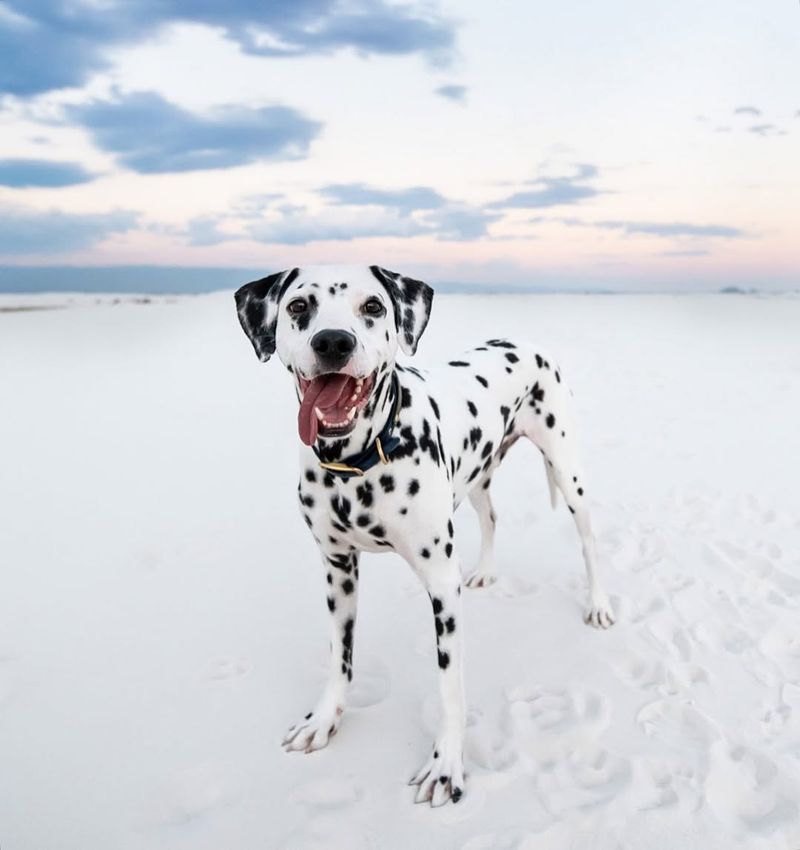
Dalmatians are renowned for their unique spotted coats and energetic personalities. These dogs are full of life and require plenty of exercise to keep them happy and healthy. Seniors looking for a low-maintenance pet might find the Dalmatian’s energy levels daunting to manage.
Dalmatians also have a reputation for being stubborn, which can make training a challenge. They require a confident owner who can provide consistent guidance. Additionally, their short coat sheds year-round, necessitating regular grooming. Seniors might consider a breed with less demanding exercise and grooming needs.
5. Chow Chow
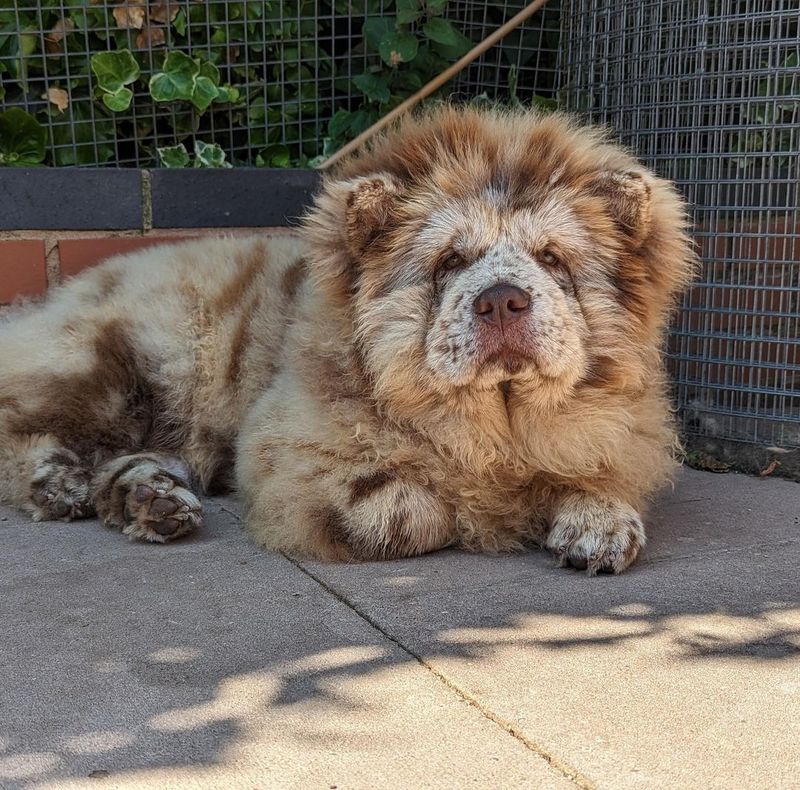
Chow Chows are perhaps best known for their distinctive lion-like appearance and aloof demeanor. While they might seem like the perfect fluffy companion, these dogs often have an independent streak that can make them challenging for seniors seeking affectionate interaction.
Chow Chows are also known for being territorial and can become protective of their home, which might lead to issues with visitors. Their independent nature means they’re often not eager to please, making training more difficult. Seniors looking for a friendly and easygoing dog might find the Chow Chow’s temperament a bit too aloof.
6. Belgian Malinois
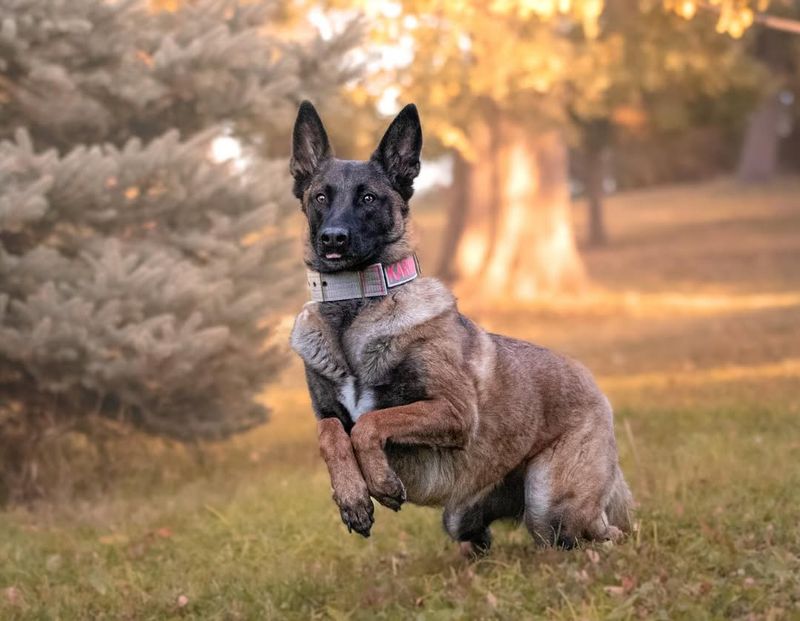
Belgian Malinois are often regarded as one of the most intelligent and hardworking breeds. These dogs excel in police and military roles due to their high drive and focus. However, their need for constant mental and physical stimulation can be overwhelming for seniors.
This breed requires an owner who can commit to providing extensive exercise and training, as a bored Malinois can become anxious and destructive. They thrive on challenges and require a significant amount of interaction and activity to stay happy. For seniors, this level of commitment might be more than they bargained for.
7. Weimaraner
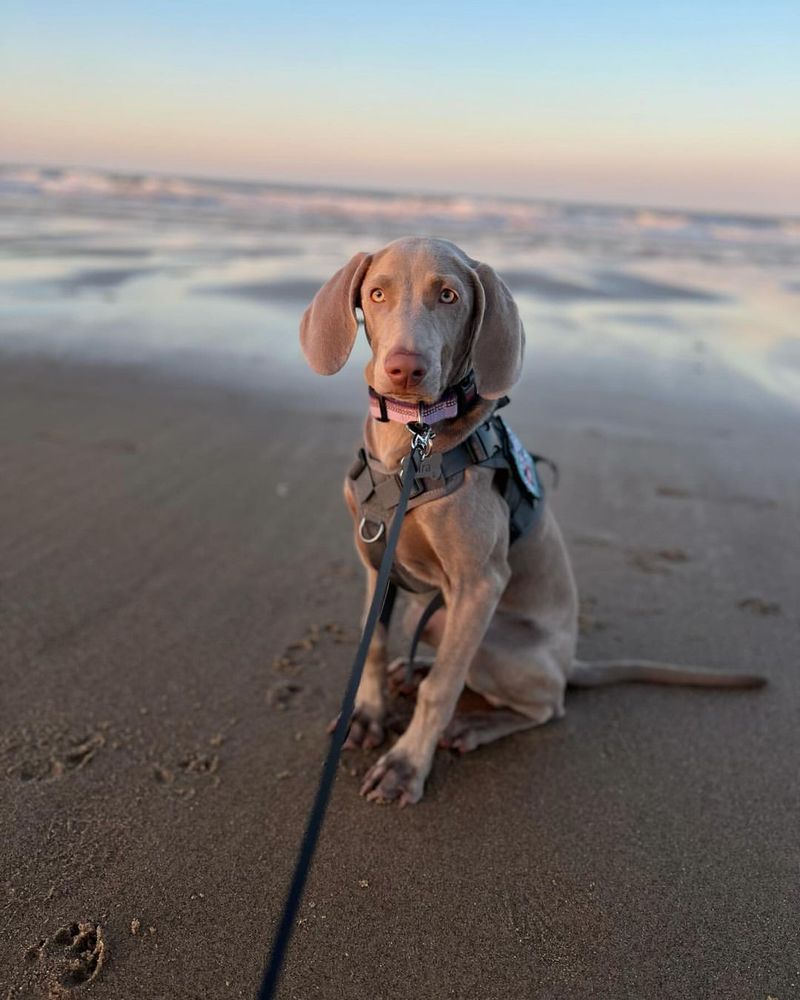
Weimaraners are known for their sleek, silver coats and striking appearance. These dogs are highly energetic and require plenty of exercise, making them less than ideal for seniors seeking a low-key companion.
This breed was originally developed for hunting, and they still retain a strong prey drive. They are known for their boundless energy and need for physical activity, which might be too demanding for seniors who enjoy a more sedentary lifestyle. Without sufficient exercise, Weimaraners can become restless and destructive.
8. Akita
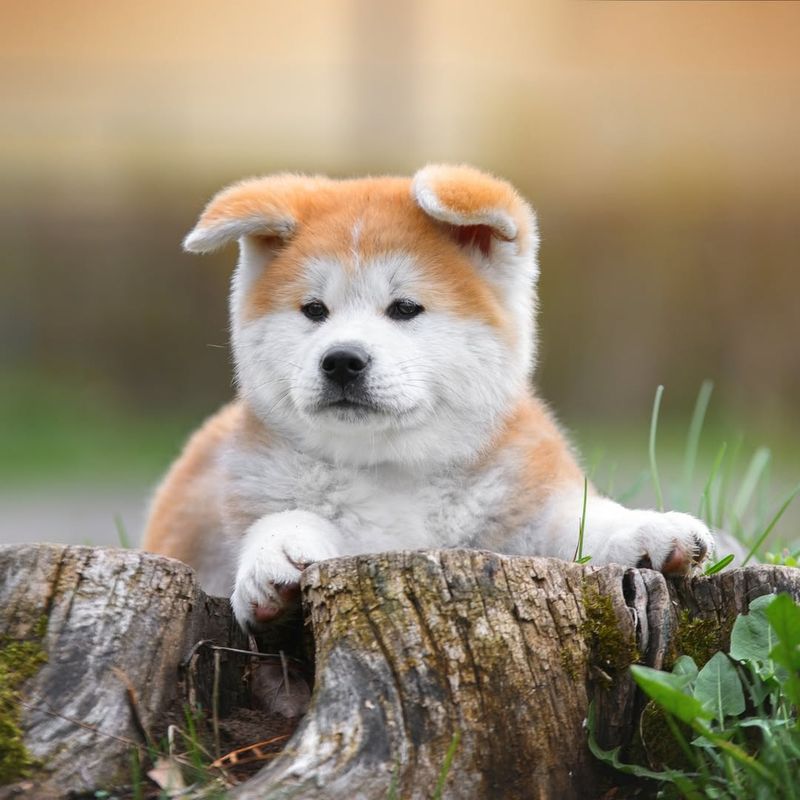
Akitas are known for their loyalty and dignified presence. Originally bred as hunting dogs, they possess a strong, independent streak that can be challenging for seniors who prefer more obedient companions.
These dogs are large and powerful, requiring an experienced owner who can provide firm training and leadership. Akitas can be aloof with strangers and sometimes aggressive with other dogs, necessitating early socialization.
For seniors without prior experience with strong-willed breeds, the Akita’s temperament can be difficult to manage.
9. Australian Cattle Dog
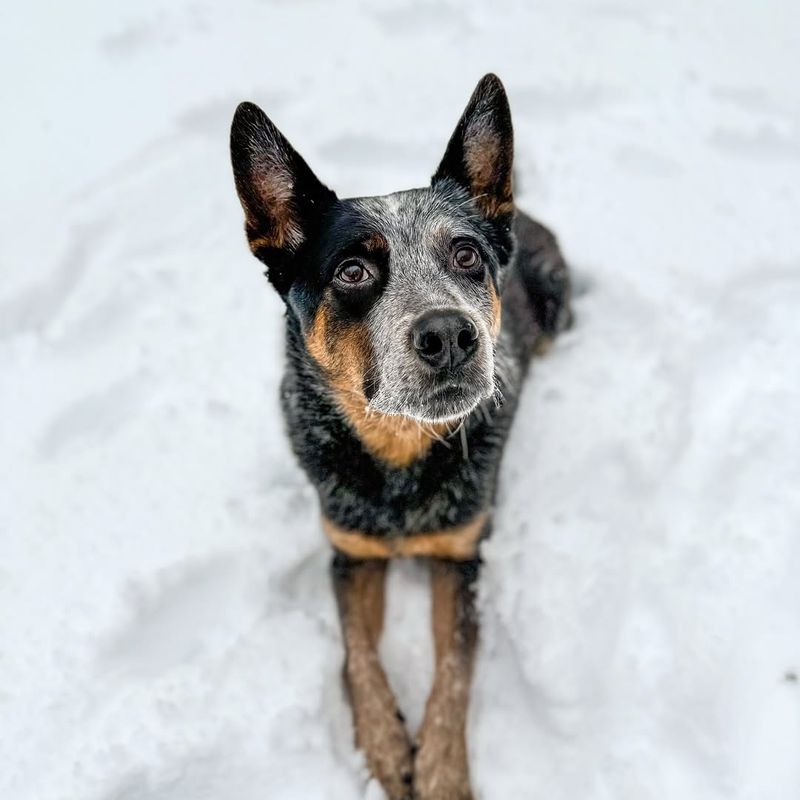
Australian Cattle Dogs, also known as Blue Heelers, are highly intelligent and energetic herding dogs. Their intense drive to work can make them overwhelming for seniors looking for a relaxed companion.
This breed requires significant mental and physical stimulation to prevent boredom and destructive behaviors.
Seniors who are not prepared for daily exercise and mental challenges might find the Australian Cattle Dog’s needs demanding. Their strong herding instincts can also manifest in nipping behaviors, which may not be ideal for seniors.
10. Saint Bernard
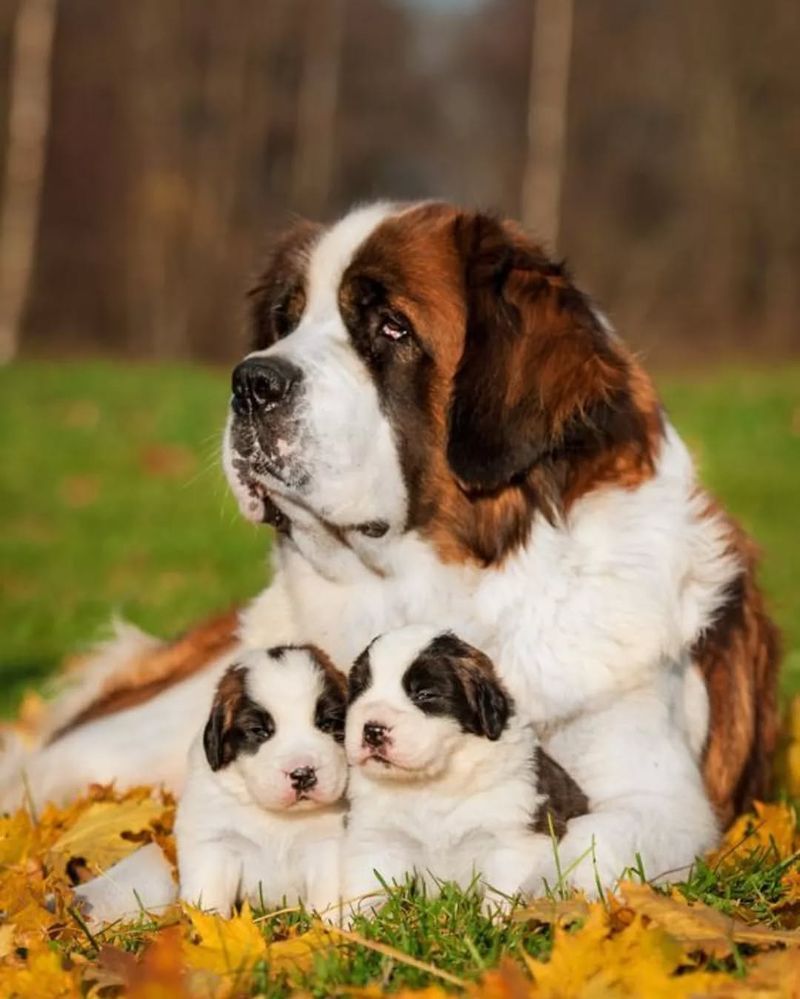
Saint Bernards are known for their enormous size and gentle demeanor. While they are often depicted as friendly giants, their sheer size and strength can pose challenges for seniors.
These dogs require a lot of space and can be difficult to manage due to their weight and strength. For seniors with mobility issues, a Saint Bernard’s enthusiastic greetings could lead to accidental falls. Additionally, their thick coat requires regular grooming, especially during shedding season.
11. Boxer
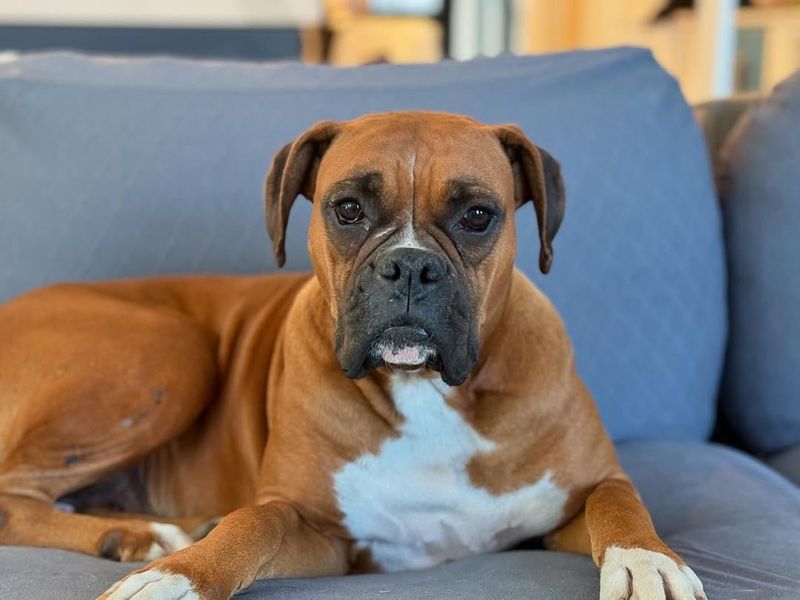
Boxers are known for their playful and energetic nature. These dogs have a zest for life that is infectious but can be overwhelming for seniors.
Boxers require plenty of exercise and mental stimulation to channel their energy positively. Without adequate outlets, they can become hyperactive and potentially destructive. Seniors might find it challenging to keep up with a Boxer’s playful antics and boundless enthusiasm.
Training a Boxer requires consistency and patience, as they can be quite boisterous and stubborn. Their playful nature means they might not be the best fit for seniors seeking a calm and laid-back companion.
12. Great Dane
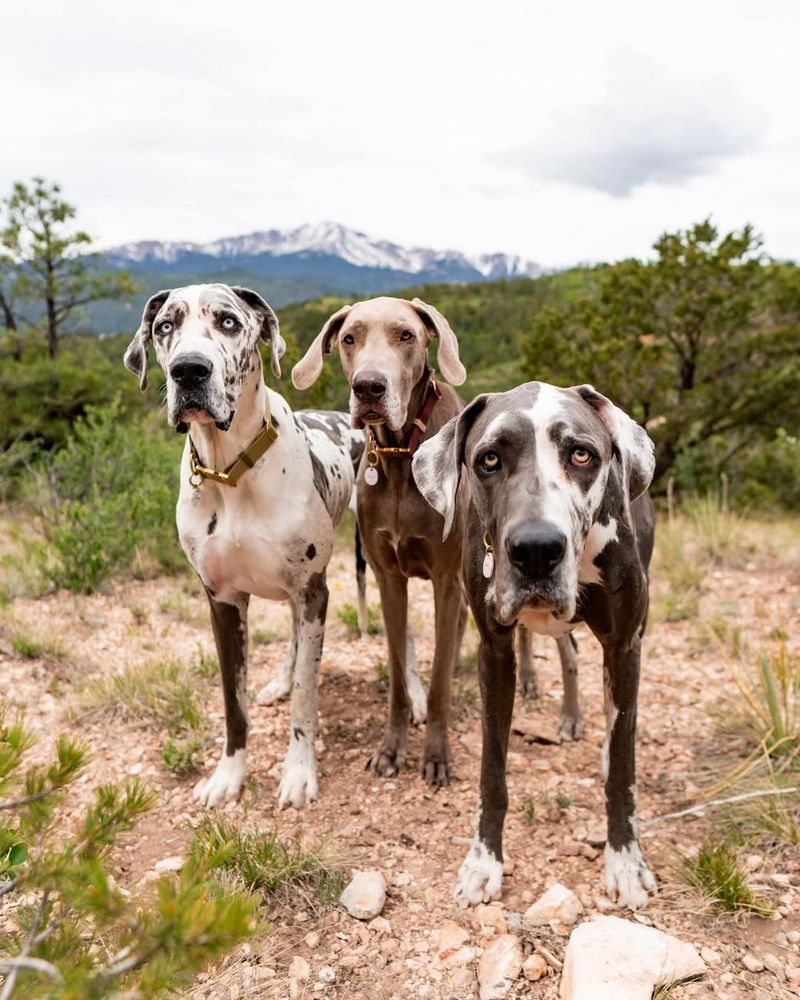
Great Danes are often referred to as gentle giants, known for their friendly and affectionate nature. However, their massive size can be a significant drawback for seniors.
Great Danes require consistent training and socialization to ensure they remain well-mannered. Their short coat is relatively low maintenance, but their large size means they require more food and space than smaller breeds. Seniors seeking a more manageable pet might find a smaller dog to be a better fit for their lifestyle.
13. German Shepherd
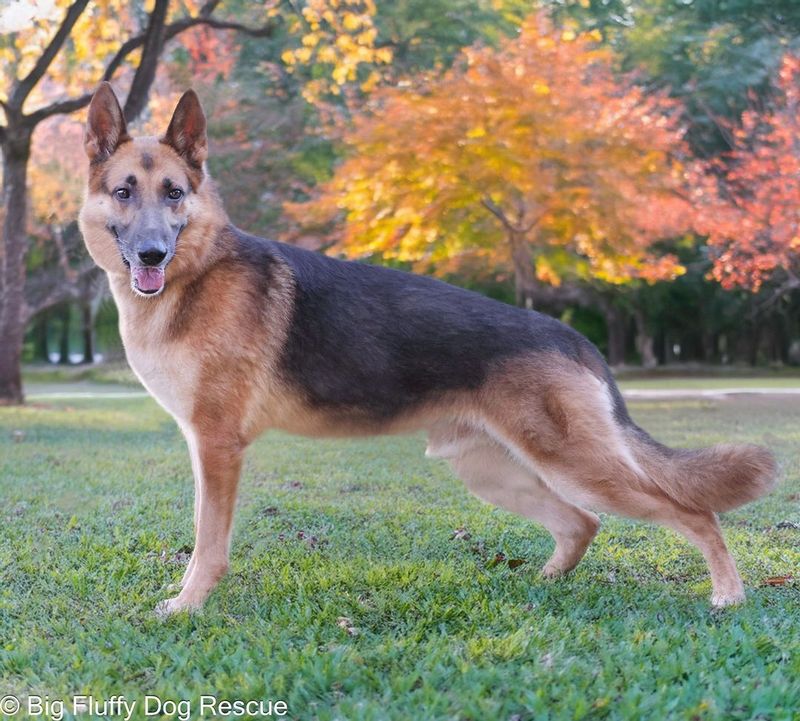
German Shepherds are renowned for their intelligence and versatility. These dogs excel in working roles but require substantial mental and physical stimulation, which can be overwhelming for seniors.
This breed is highly trainable but demands an owner who can provide consistent leadership and guidance. Without adequate exercise and challenges, German Shepherds can become bored and develop behavioral issues. Seniors might struggle to meet the demands of this active and driven breed.
14. Rottweiler
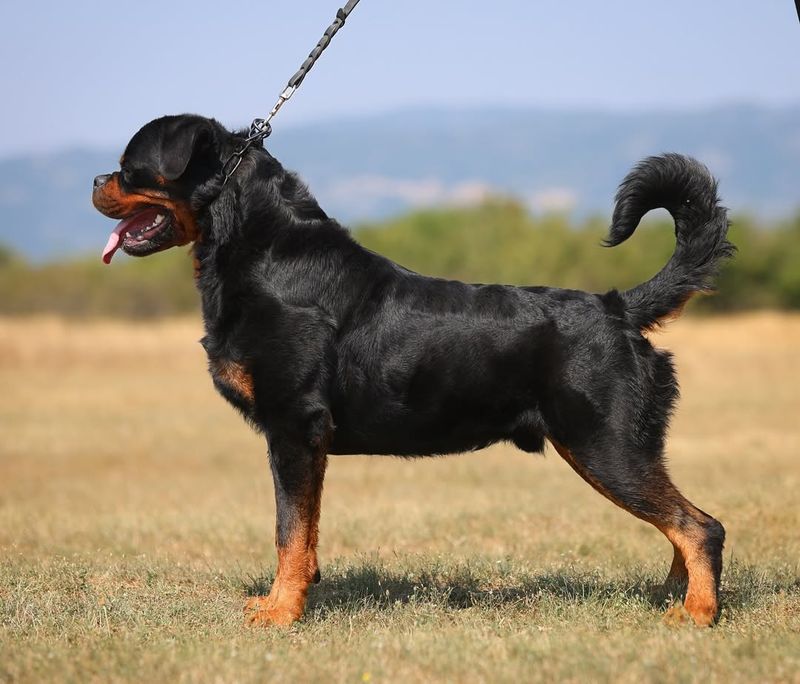
Rottweilers are known for their strength and protective nature. While they can be loyal companions, their size and strength can be intimidating for seniors.
These dogs require an experienced owner who can provide firm training and leadership. Rottweilers have a natural guarding instinct, and without proper socialization, they can become wary of strangers. Seniors might find managing such a powerful breed challenging.
Training requires consistency and patience, as Rottweilers can be stubborn and headstrong.
15. Doberman Pinscher
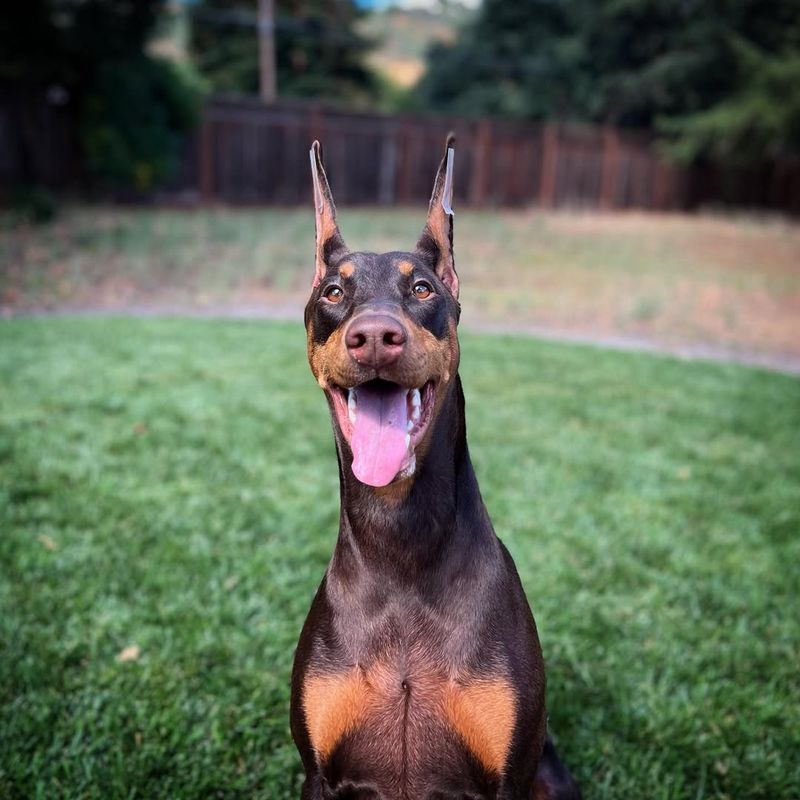
Doberman Pinschers are known for their elegance and intelligence. These dogs are highly energetic and require substantial exercise, making them less than ideal for seniors.
This breed thrives on mental and physical challenges, and without adequate outlets, they can become restless and potentially destructive. Seniors who prefer a more sedentary lifestyle might find the Doberman’s needs demanding.
16. Beagle
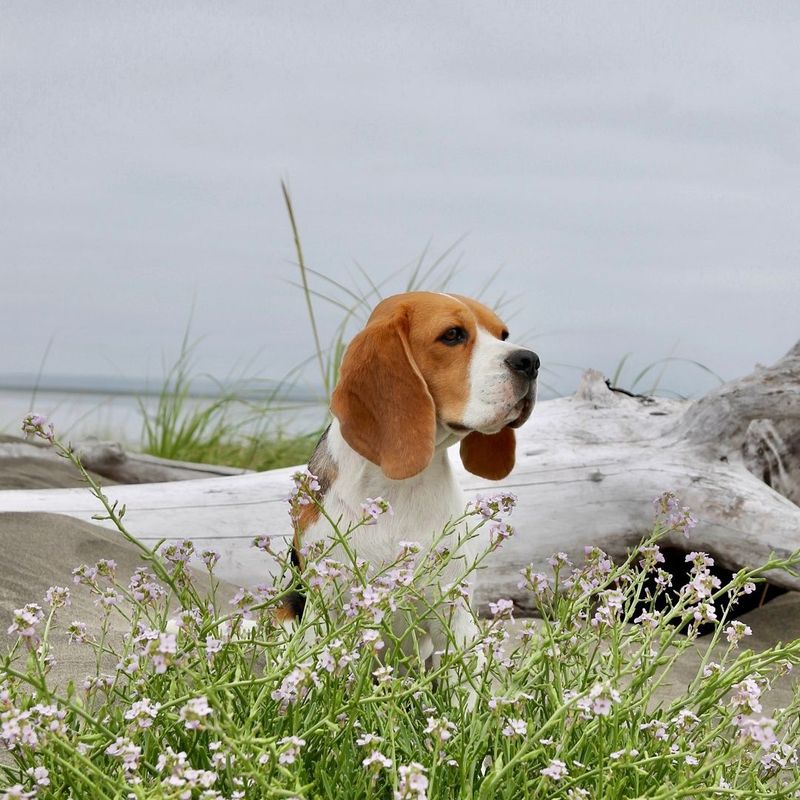
Beagles are known for their friendly nature and distinctive howls. While they can be affectionate companions, their strong scent drive and energy levels can pose challenges for seniors.
This breed thrives on exploration and can become easily distracted by scents. Seniors might find it challenging to keep a Beagle focused on walks, and their vocal nature can be disruptive in quiet environments. Additionally, Beagles require regular exercise to prevent boredom and obesity.
17. Rhodesian Ridgeback
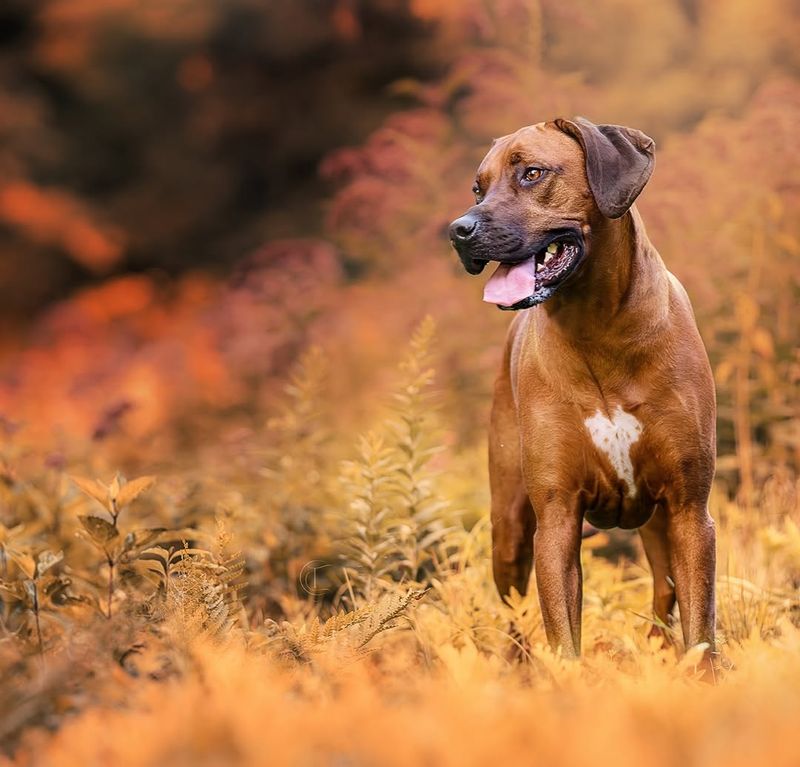
Rhodesian Ridgebacks are known for their distinctive appearance and strong-willed nature. These dogs require significant exercise and mental stimulation, which can be overwhelming for seniors.
This breed was originally developed for hunting, and they retain a strong prey drive and independent spirit. Seniors might find it challenging to provide the level of exercise and training a Rhodesian Ridgeback needs to remain well-behaved and happy.
18. Alaskan Malamute
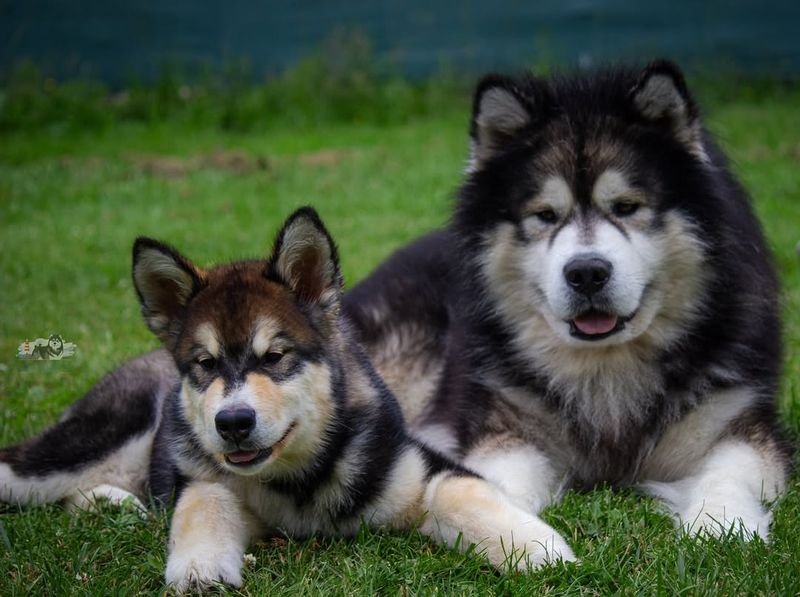
Alaskan Malamutes are known for their strength and endurance. These dogs are powerful and require substantial exercise, making them less suitable for seniors.
Originally bred for sledding, Malamutes have a strong work ethic and need ample space to run and play. Seniors might find it challenging to provide the level of activity this breed requires. Additionally, their thick double coat requires regular grooming to prevent matting.
19. Cane Corso
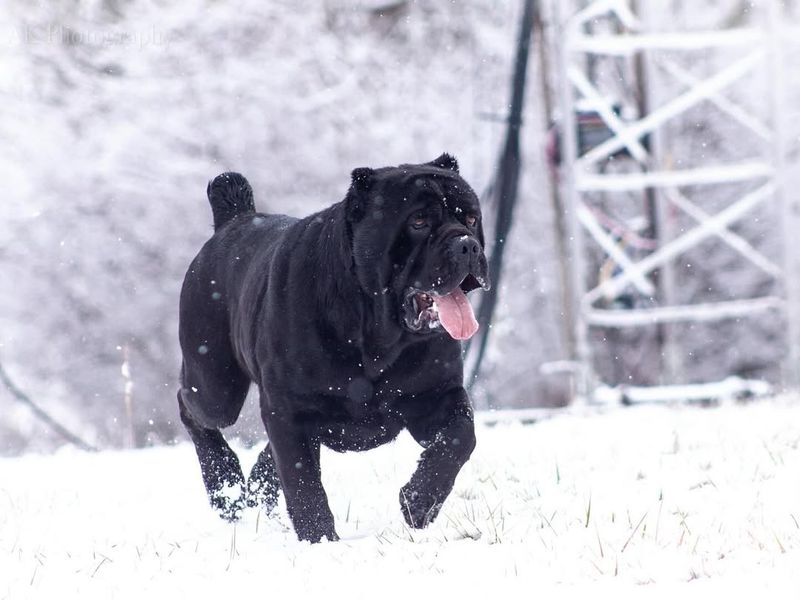
Cane Corsos are known for their strength and protective nature. These dogs are powerful and require an experienced owner who can provide firm leadership and training.
This breed has a natural guarding instinct, and without proper socialization, they can become wary of strangers. Seniors might find managing such a powerful breed challenging, especially if they lack experience with large, assertive dogs.
20. Belgian Tervuren
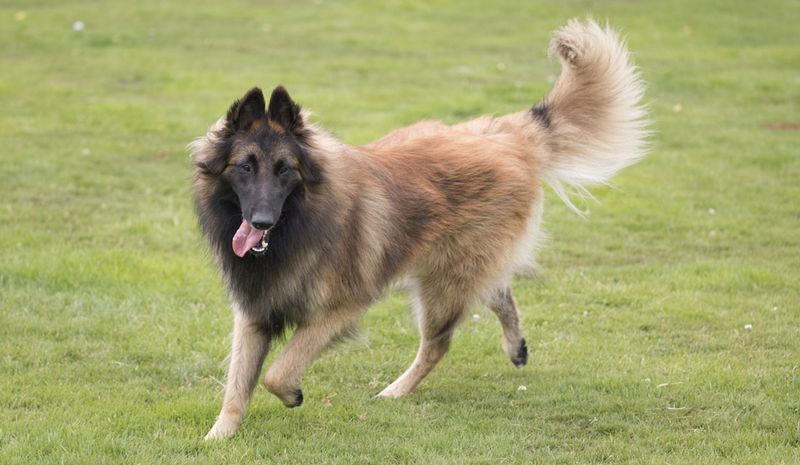
The Belgian Tervuren is known for its intelligence and agility, qualities that require a lot of mental and physical stimulation.
For a senior, keeping up with this breed’s energy can be daunting. A day in the life of a Tervuren involves activities like agility training or herding, demanding time and physical exertion.
While their loyalty is unmatched, the Tervuren’s need for constant engagement can be overwhelming, making them less ideal for a peaceful retirement.
21. Wirehaired Pointing Griffon
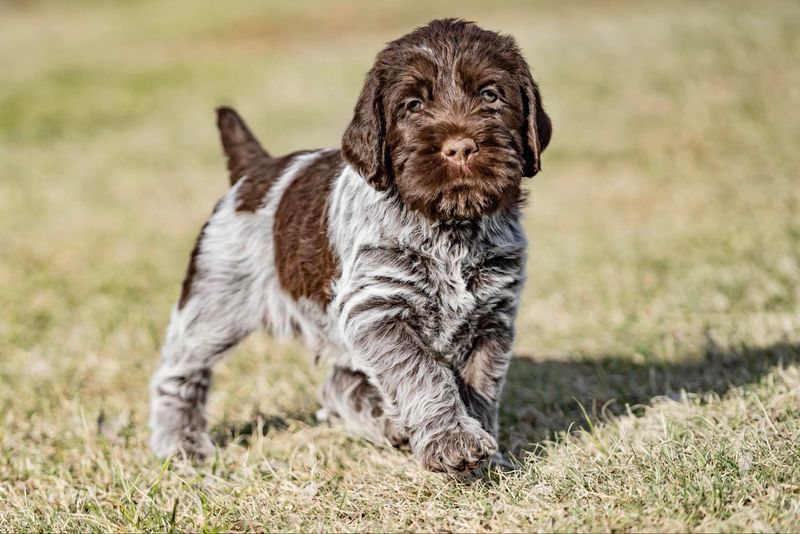
With a look that channels rugged charm, the Wirehaired Pointing Griffon is a hunter at heart.
This breed thrives on activity and adventure, often requiring more exercise than a senior might comfortably provide. Their wiry coat also demands regular grooming to maintain its distinct appearance.
For those in their golden years, the Griffon’s high energy lifestyle could be more challenge than comfort, making it a breed to consider carefully.
22. Irish Setter
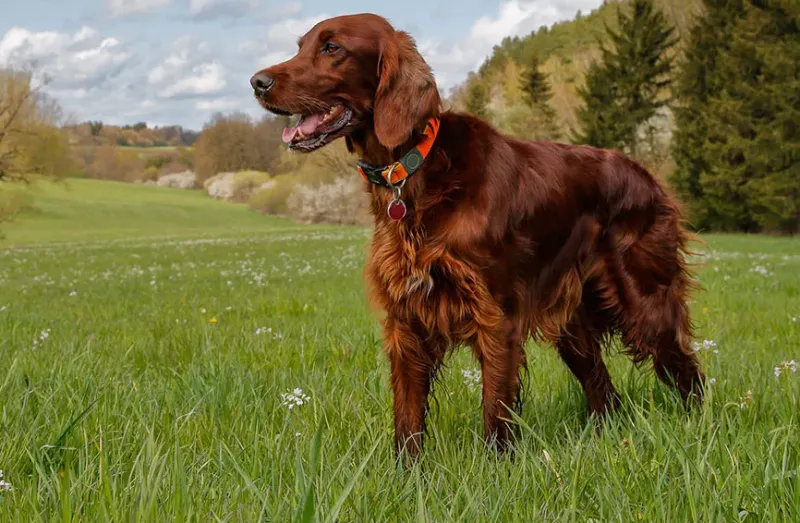
The Irish Setter, with its striking red coat and joyful spirit, is a sight to behold.
Known for their boundless energy, these dogs need ample space and time to run and play. For seniors, meeting the Setter’s exercise needs could be exhausting.
Though their affectionate nature is appealing, the daily demands of an Irish Setter might be too much, suggesting a calmer breed may suit better.

